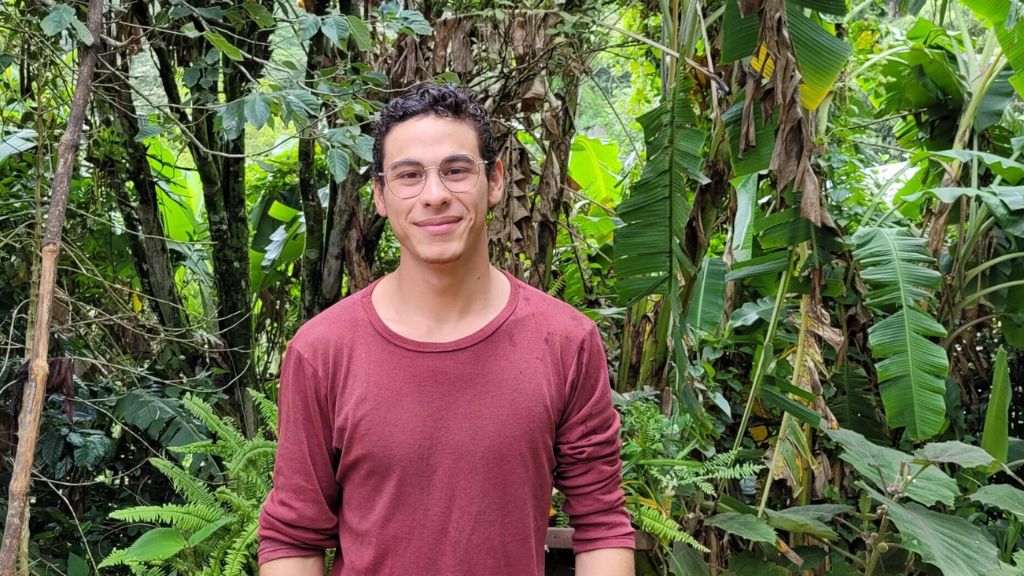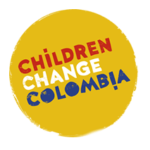Exclusion From Education
Education is one of the most important tools to overcome poverty. We’re working to guarantee every child in Colombia equal opportunities and access to quality education.
Education in Colombia
Although the Colombian Constitution requires children aged 5-15 to attend school, in 2021 over 5 million school-aged children were not receiving any form of education. This is approximately 30% of all school-age children in the country. Whilst enrolment rates are often high, the most at-risk children face difficulties to remain in school. Only 54% of students who enrol in the first grade of primary school go on to complete their secondary education.
Compared to students in urban settings, children in rural Colombia are far more likely to drop out of school early. Currently, over 65% of 17-20 year olds living in rural areas have dropped out of the education system.
On average, children in rural areas receive less than 8.5 years of education, compared to nearly 11 in urban areas. Students living in rural areas also face challenges in accessing resources. According to a study by the Pontificia Universidad Javeriana, 80% of rural schools do not have access to the internet, and over 18% do not have electricity, meaning they cannot receive the same quality of education as their peers in urban schools.

Keiner’s Story
Despite growing up in a rural region surrounded by conflict and disruptions from a young age, Keiner never stopped dreaming. Now, he will attend university with a full scholarship to study Law.

Keiner’s Story
Despite growing up in a rural region surrounded by conflict and disruptions from a young age, Keiner never stopped dreaming. Now, he will attend university with a full scholarship to study Law.
How we're tackling exclusion from education in Colombia
We work in Antioquia, Chocó, Valle del Cauca, and Magdalena to help at-risk children to know and demand their rights to accessible and high-quality education.
Our projects involve the use of innovative educational technology, vocational training, and work on environmental issues.
Education, Livelihoods and Young Entrepreneurship
Our project with Misión Gaia aims to improve the quality of education in local schools with a focus on English language skills, as well as teaching young people vocational and entrepreneurial skills with an emphasis on eco-tourism and green jobs, so that locals can benefit from their biodiverse territory.
Project "Sé"
We’re providing a multipurpose education centre for rural and indigenous communities in La Sierra Nevada de Santa Marta. The space will be used as a library and also to hold cultural sessions and community meetings. At the centre, Oro Molido will offer educational sessions and internet connection.
Educational projects in Antioquia
We’re working with Fundación Oro Molido in Antioquia to provide educational opportunities for rural students, including: research projects, scholarship opportunities for technical and professional careers, a music academy to promote music as a means for peace and development in communities.
Paz a la Mochila
Paz a la Mochila, or the ‘Peace Backpack’ is a toolkit for teachers and leaders who work with children and adolescents so that they can educate communities on truth, non-repetition and peace-building. We are piloting this project in areas where we are currently working.

